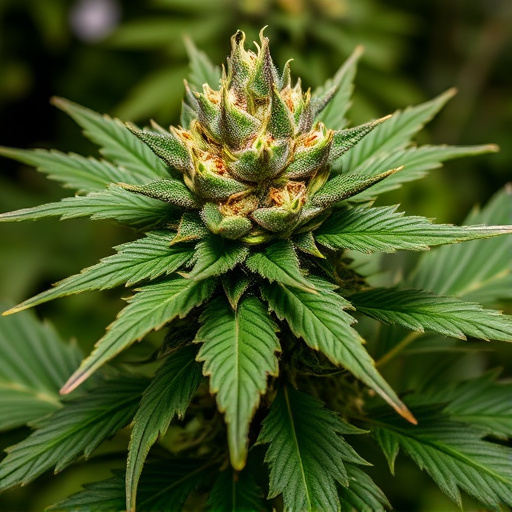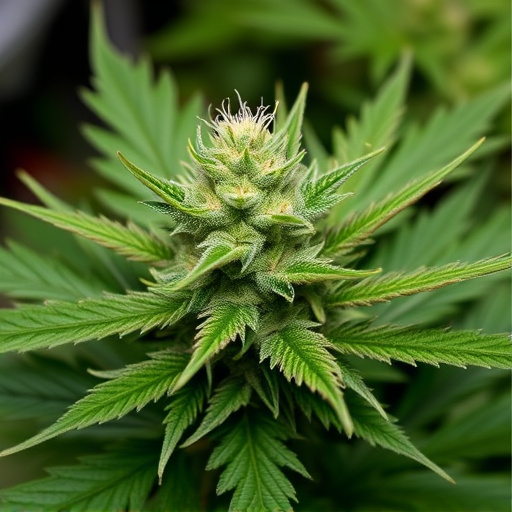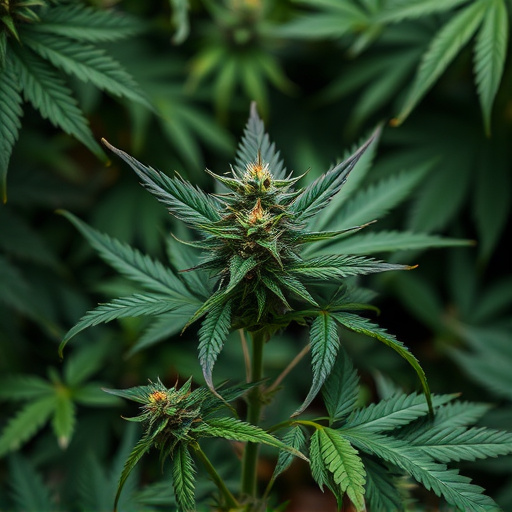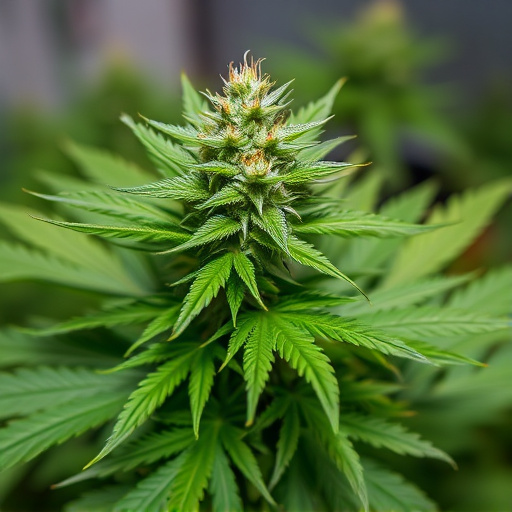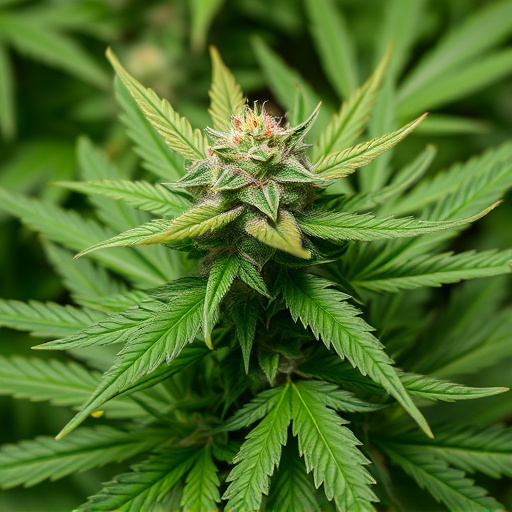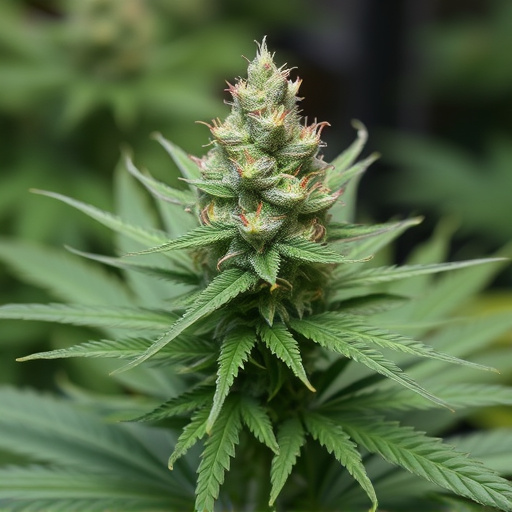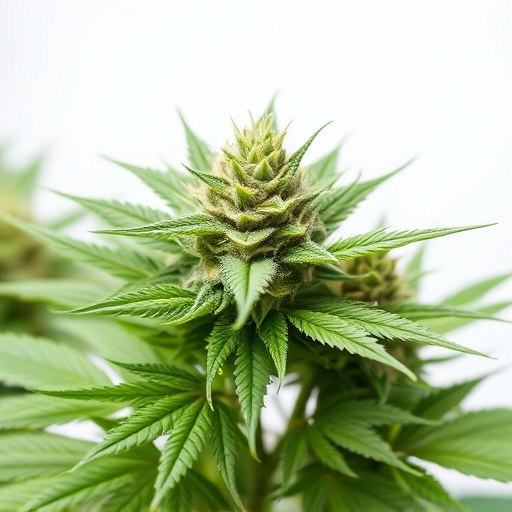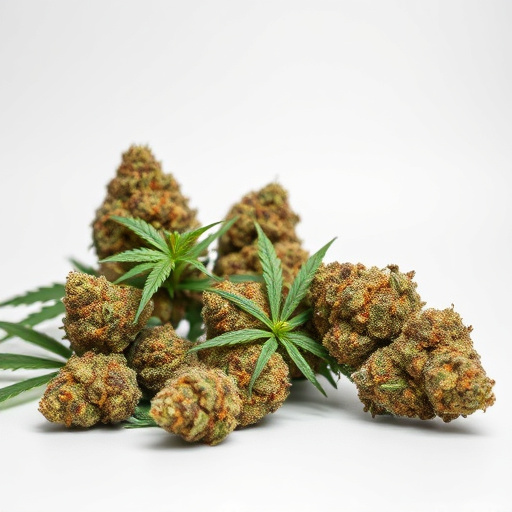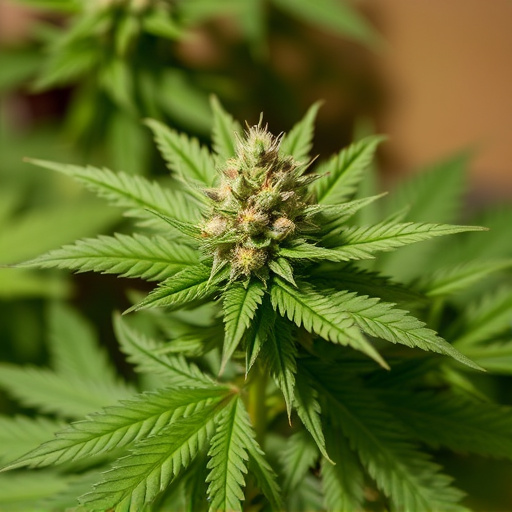Medical marijuana's effects vary by strain and tolerance, offering immediate alterations in perception, senses, appetite, and coordination that typically last several hours. Short-term risks include temporary anxiety, impaired driving abilities, and cognitive issues, while chronic use poses significant mental and physical health dangers, notably affecting brain development, memory, and respiratory health. Navigating these risks requires understanding unique strain profiles and consumption methods, choosing CBD-rich strains for therapy or balanced options with measured dosing to minimize adverse reactions.
“Unveiling the Side Effects of Smoking Weed: A Comprehensive Guide. While medical marijuana has gained popularity, understanding its short-term and long-term impacts is crucial for informed decision-making. From cognitive changes to potential mental health risks, this article explores the effects of both immediate and prolonged use. We delve into how different strains and consumption methods influence these outcomes, offering insights to help users navigate the complexities of medical marihuana safely.”
- Short-term Side Effects of Medical Marijuana Use
- Long-term Potential Consequences on Mental and Physical Health
- Navigating Risks with Different Strains and Consumption Methods
Short-term Side Effects of Medical Marijuana Use
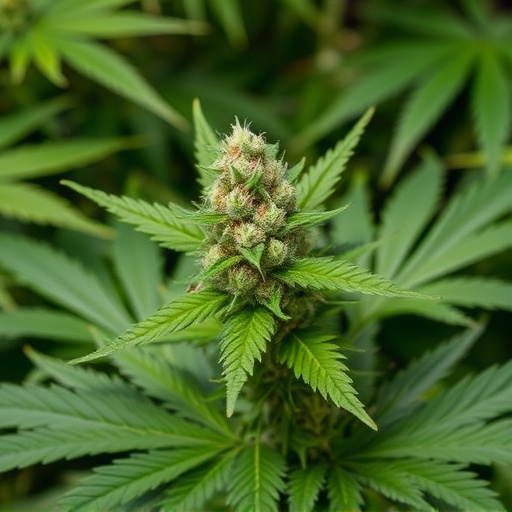
The short-term side effects of medical marijuana use can vary depending on the strain and individual tolerance. Common immediate impacts include altered perception, heightened senses, and increased appetite, often referred to as the “munchies.” These effects are typically felt within minutes of consumption and can last for several hours. Users may also experience temporary anxiety or paranoia, especially with higher THC concentrations found in some medical marijuana strains.
Other short-term consequences might include reduced coordination and impaired motor skills, affecting balance and reaction time. This can be more pronounced when combined with certain activities like driving or operating heavy machinery. Additionally, short-term memory and cognitive function can be temporarily hindered, making it challenging to concentrate or retain new information. These effects are generally reversible once the body metabolizes the THC.
Long-term Potential Consequences on Mental and Physical Health
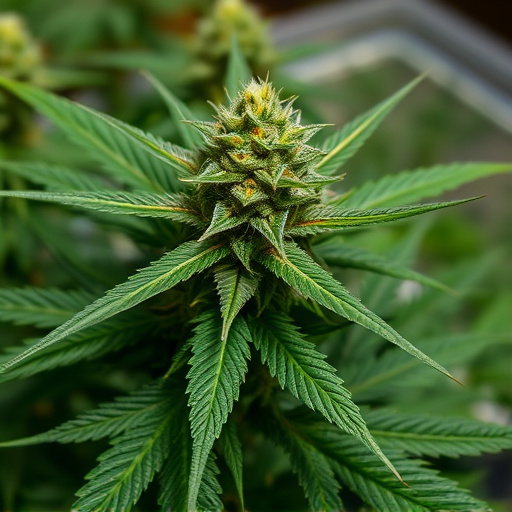
Chronic marijuana use, especially in young individuals, can have significant long-term effects on mental and physical health. While many advocate for medical marihuana strains for various conditions, prolonged exposure to THC, the primary psychoactive compound, can impact brain development, particularly in pre-frontal cortex regions responsible for decision-making, memory, and impulse control. This may contribute to issues such as anxiety, depression, and psychosis, especially in individuals predisposed to these disorders.
Moreover, regular smoking can lead to respiratory problems due to the irritation of lung tissues, similar to traditional cigarettes. It has also been linked to increased risk of cardiovascular diseases, high blood pressure, and potential damage to the heart muscle. Additionally, long-term users may experience cognitive impairments, difficulty concentrating, and memory problems, impacting daily functioning and overall quality of life.
Navigating Risks with Different Strains and Consumption Methods
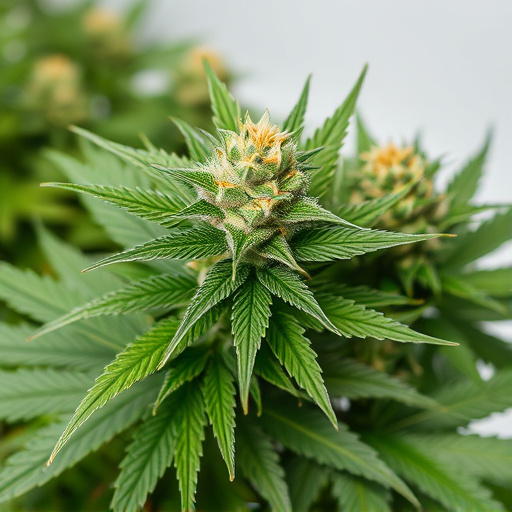
Navigating risks associated with different strains and consumption methods is an essential aspect of understanding the complexities of medical marihuana use. The effects of cannabis can vary greatly depending on the specific strain, its cannabinoid profile, and the method of consumption. For instance, some strains are bred for higher concentrations of CBD, which may offer potential therapeutic benefits without the intoxicating effects of THC. On the other hand, strains with a balanced THC-CBD ratio are more likely to induce feelings of euphoria or relaxation.
Consumption methods also play a significant role in determining the risks and benefits. Smoking cannabis, whether through joints, pipes, or vaporizers, delivers cannabinoids rapidly but may have adverse effects on respiratory health due to the burning process. Alternatives like edibles or sublingual tinctures provide slower, more gradual absorption, offering potential advantages for managing specific conditions but requiring greater precision in dosing to avoid overwhelming the system. Understanding these nuances is crucial for safely navigating the use of medical marihuana.
While medical marijuana offers potential therapeutic benefits, it’s crucial to be aware of its side effects. Short-term issues like cognitive impairment and anxiety are well-documented, while long-term risks may include mental health disorders and respiratory problems. Different strains and consumption methods carry varying levels of risk; understanding these differences is essential for navigating the use of medical marijuana responsibly. Always consult with a healthcare professional to weigh the benefits against potential drawbacks.


